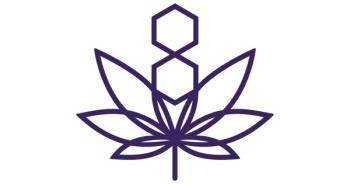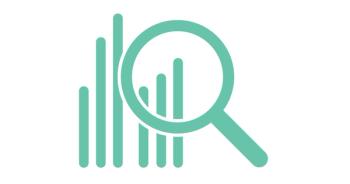
Minnesota House Approves New Cannabis License Pre-Approval System
The cannabis business license application system has raised concerns with several stakeholders.
On April 17, 2024, the Minnesota House voted 69-62 to allow pre-approvals for cannabis businesses licenses ahead of the planned opening of the market (1). Recreational cannabis was legalized in the state in August 2023, and the cannabis market is expected to fully open in early 2025 (2,3). Earlier this year, regulators from the Office of Cannabis Management (OCM) had estimated that in order to meet the requirements listed in state law, 381 cannabis dispensaries will need to be opened, though they also added that accurately understanding the supply and demand of the market will need to wait until after the market opens (3).
The bill was sponsored by Representative Zack Stephenson who explained in MPR News that, “A number of provisions in this bill are designed to expedite the process of setting up a good legitimate marketplace for cannabis to displace that illicit marketplace that’s out there” (1). The pre-approval process for the state-issued licenses could start within the next few months (1).
Furthermore, the Department of Health would no longer regulate medical cannabis or hemp-derived cannabinoid products—that would now fall under the Office of Cannabis Management (1).
The bill also introduced a lottery system for license applicants, changing the merit-based system that allotted more points to applicants who met certain criteria (1). Currently, in addition to the social equity element, points are allotted based on criteria such as business plan and experience in the market (2,4). The merit-based system reportedly offered a social justice element to the application for individuals negatively affected by past cannabis prohibition, veterans, and others, yet concerns arose surrounding the system’s potential for bias and lawsuits (4).
"Subjective merit points-based systems have encountered some challenges and have not been particularly successful in yielding…equitable outcomes," explained Charlene Briner, interim director of the OCM (4). "In order to do this in a way that we're going to be able to launch in a timely manner and not encounter the kind of injunctive delays that have plagued other states, this is where we landed."
Pushback to the lottery system emerged earlier this month, and concerns with the new system were voiced this week in a letter to lawmakers (1). “The simplicity of the lottery system allows for exploitation through application flooding, submission of spurious applications, and the manipulation of social equity measures by predatory entities,” wrote cannabis entrepreneurs to lawmakers (1). “Such practices undermine genuine competition and social justice efforts.”
Nathan Young, cannabis policy lead for the Minnesota Black Chambers of Commerce, also described the new provisions as lacking discretion and reneging on an understanding that the Black community would receive a merit-based opportunity at receiving business licenses (2,4).
Before the session ends in the next few weeks, the Minnesota Senate will vote on a companion bill, which could involve a panel from both chambers potentially enabling more discussion and compromises (1,2).
References
- Ferguson, D., Minnesota House approves bill that attempts to speed up legal cannabis marketplace roll out
https://www.mprnews.org/story/2024/04/18/minnesota-house-approves-bill-that-attempts-to-speed-up-legal-cannabis-marketplace-roll-out (accessed Apr 19, 2024). - CBS News Minnesota, Minnesota House approves cannabis licensing bill
https://www.cbsnews.com/minnesota/video/minnesota-house-approves-cannabis-licensing-bill/ (accessed Apr 19, 2024). - Colli, M., Minnesota Regulators Estimate Amount of Cannabis Dispensaries Needed
https://www.cannabissciencetech.com/view/minnesota-regulators-estimate-amount-of-cannabis-dispensaries-needed (accessed Apr 19, 2024). - Faircloth, R., Want to open a cannabis business in Minnesota? You might need some luck.
https://www.startribune.com/want-to-open-a-cannabis-business-in-minnesota-you-might-need-some-luck/600356676/?refresh=true (accessed Apr 19, 2024).
Newsletter
Unlock the latest breakthroughs in cannabis science—subscribe now to get expert insights, research, and industry updates delivered to your inbox.




